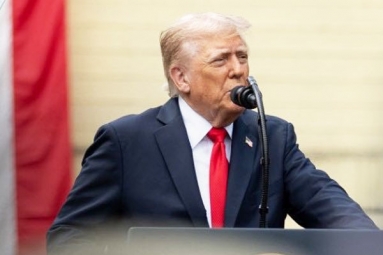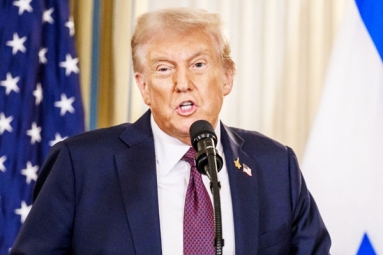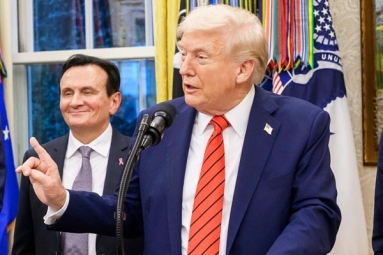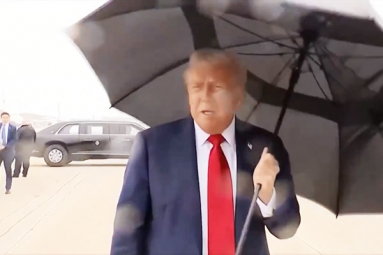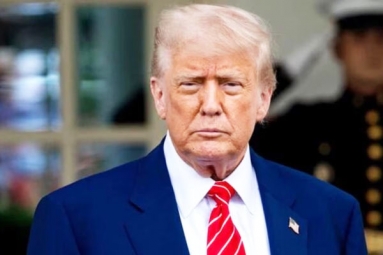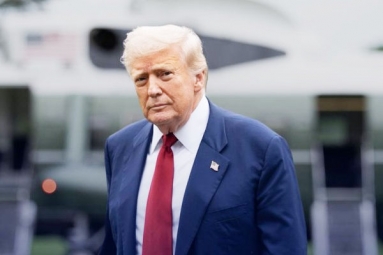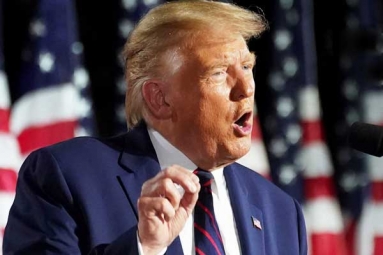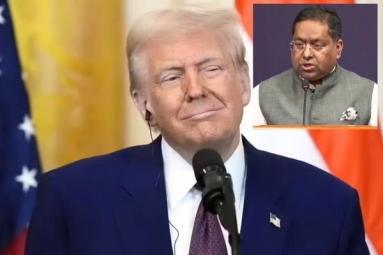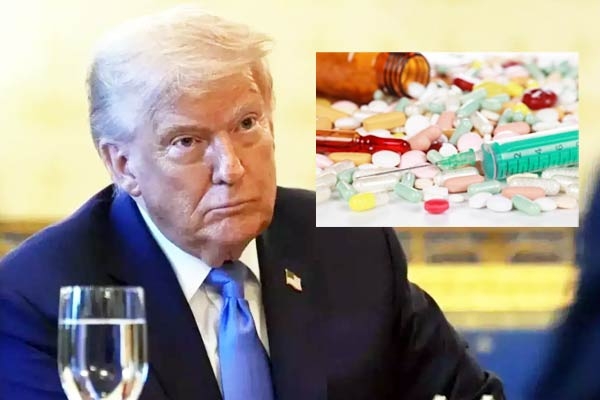
US President Donald Trump, who has exempted medications from tariffs for now but has vowed to impose them, is considering imposing tariffs of 200 percent or higher on imported drugs, according to a report. For many years, the US has allowed imported medicines to enter without any tariffs. However, in a recent trade agreement with Europe, the US established a 15 percent tariff on specific European products, which includes pharmaceuticals. Yet, imposing a 200 percent tariff on medications contradicts Trump's promise to reduce drug prices within the country. High tariffs could produce the opposite result, complicate supply chains, push affordable foreign-manufactured drugs out of the US market, and lead to shortages, as stated by the Associated Press.
Diederik Stadig, a healthcare economist from the financial services company ING, informed the news agency that imposing a tariff could negatively impact consumers significantly, as they would experience rising prices. Those paying directly for prescriptions would feel a direct burden, while others might see their insurance costs rise. A 25 percent hike in drug prices could lead to a 10 to 14 percent increase in pharmaceuticals as available supplies dwindle. Trump has also urged drug manufacturers to reduce their prices in the US. The report mentioned that he communicated with various companies, suggesting they create a strategy for providing most-favored nation pricing in the US. He indicated he would postpone tariffs for about a year or a year and a half, giving companies time to stockpile drugs and relocate manufacturing to the US.
David Windley, an analyst at Jeffries, noted in a recent research report that tariffs not starting until late in 2026 might not show their effects until 2027 or 2028 due to stockpiling activities. Many analysts think Trump may choose a tariff lower than 200 percent. Medications produced in the US will not be subject to tariffs, which has encouraged various drug companies to invest in manufacturing facilities in the US. Nevertheless, establishing a pharmaceutical plant in the US is not only costly but also requires several years to complete. Moreover, this would not shield drug manufacturers from Trump's tariffs if the raw materials are imported and subjected to tariffs.







